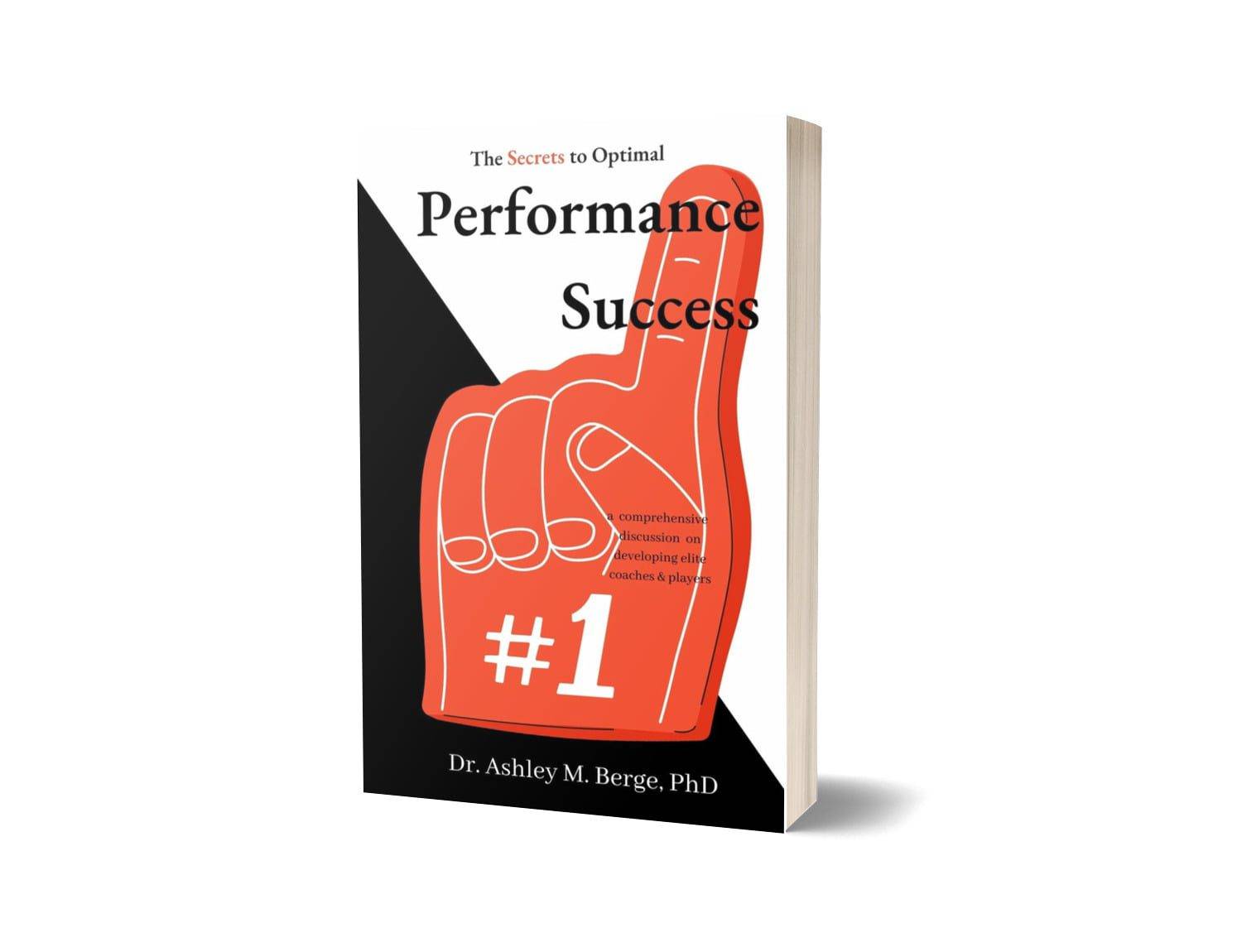
Episode 128 Summary – Dr. Ashley M. Berge’s Insights on Tennis Data and Upcoming Book Release
Duration: Approximately 75 minutes
Note: Focuses on accurate player rankings, data-driven insights, and details of Dr. Berge’s previous publications, with mention of her upcoming book release.
Theme 1: Introduction to Data-Driven Tennis (0:00 – 5:00)
Dr. Berge introduces the importance of data analytics in today’s tennis landscape, underscoring the influence of predictive insights. Examples from Player A (Rank 1) and Player B (Rank 3) illustrate how top-ranking players rely on data to assess their strategies against competitors. Data not only informs tactics but also highlights optimal playing conditions.
Theme 2: True Rankings and Competitive Dynamics (5:00 – 10:00)
She dives into “true rankings,” derived through her data analysis tools. Unlike conventional rankings, which can fluctuate based on recent results, these true rankings offer a holistic view of skill and consistency. Dr. Berge cites Player C (Rank 2) and Player D (Rank 6), whose competitive skill sets, measured through data, more accurately reflect their standing.
Theme 3: Advanced Metrics in Training (10:00 – 15:00)
Metrics such as positioning, shot accuracy, and movement efficiency are explored, with Player E (Rank 5) and Player F (Rank 8) as examples of athletes who have seen performance boosts by adapting their training. By analyzing individualized metrics, players maximize their strengths and improve precision, enhancing their chances in high-stakes matches.
Theme 4: Predictive Analysis for Match Preparation (15:00 – 20:00)
Predictive modeling plays a significant role in preparing for opponents, allowing athletes to analyze tendencies and adjust game plans accordingly. Dr. Berge discusses Player G (Rank 9) and Player H (Rank 4), who leverage opponent data to predict serve tendencies and adjust play accordingly. By studying opponent patterns, athletes better anticipate moves and can strategize more effectively.
Theme 5: Insights from Previous Books and Upcoming Release (20:00 – 25:00)
Dr. Berge reflects on her previous books, which explore practical applications of data in sports, and provides a glimpse into her upcoming release, set for release in time for Christmas. This new book will delve deeper into player rankings, offering an analytical framework for those aiming for the top 10. The discussion highlights practical methodologies from her prior works, benefiting both players and coaches alike.
Theme 6: Tournament Performances in Mexico, Vienna, and Hong Kong (25:00 – 30:00)
Highlighting recent tournaments, Dr. Berge reviews notable performances and breakthroughs. In Mexico, Player Idelivered a breakthrough performance, securing a higher ranking, while in Vienna, Player J (Rank 3) showed advanced tactical prowess. In Hong Kong, Player K (Rank 2) utilized data-driven techniques to outmaneuver opponents, leading to a decisive tournament win.
Theme 7: Adaptation and Recovery (30:00 – 35:00)
Dr. Berge emphasizes injury prevention and recovery, spotlighting players such as Player M (Rank 5) and Player N (Rank 1), who track metrics for joint stress and muscle fatigue. This data helps players personalize their recovery routines, ultimately contributing to career longevity and consistent performance.
Theme 8: Optimal Mental Preparation (35:00 – 40:00)
Mental resilience is critical in tennis, and data analysis reveals patterns in focus and adaptability under pressure. For instance, the consistency of Player A (Rank 1) and Player B (Rank 3) in high-stakes situations is a product of both strategic and psychological preparation. By understanding their mental tendencies through data, players are better equipped to handle competitive pressure.
Theme 9: Customizing Player Strategy (40:00 – 45:00)
The data-driven customization of strategies tailors preparation to each player’s strengths and weaknesses. Dr. Berge uses Player C (Rank 2) and Player D (Rank 6) as examples, showing how personalized game plans enable athletes to leverage their unique skills, from serve technique to return accuracy, while compensating for areas where they may face challenges.
Theme 10: Benchmarking Performance Metrics (45:00 – 50:00)
Benchmarking allows players to track and measure progress over time. Dr. Berge explains how Player E (Rank 5) and Player F (Rank 8) use comparative data to identify their progression areas, pinpointing specific aspects like backhand accuracy or endurance. This comparative approach clarifies players’ short-term and long-term objectives.
Theme 11: True Rankings and Recalibrating Success (50:00 – 55:00)
Revisiting true rankings, Dr. Berge underscores that these provide a more accurate reflection of ability and performance than transient official rankings. For example, Player G (Rank 9) and Player H (Rank 4) consistently exhibit skill that is not always apparent in traditional rankings. Data-derived rankings, however, take a fuller account of player strengths, providing a clearer gauge of skill.
Theme 12: Decision-Making Under Pressure (55:00 – 60:00)
Analytics refine decision-making during critical points, such as tiebreakers or match points. Dr. Berge examines how players like Player I (Rank 7) and Player J (Rank 3) leverage data to determine optimal moves under pressure, enabling split-second adjustments. This insight helps players anticipate the best moves for victory.
Theme 13: The Coaching-Data Partnership (60:00 – 65:00)
The integration of coaching expertise with data analytics brings performance improvements to new levels. Dr. Berge highlights Player K (Rank 2) and Player L (Rank 6), whose coaching teams translate data insights into actionable training strategies. This collaboration enhances players’ understanding of metrics and ensures targeted improvements across training sessions.
Theme 14: The Future of Tennis Through Data (65:00 – 70:00)
Data is redefining standards in tennis, and players like Player M (Rank 5) and Player N (Rank 1) represent the potential of data-led advancements. Dr. Berge discusses how players increasingly use analytics to push the limits of their skill sets, envisioning a future where data will play a central role in evolving the sport.
Theme 15: Final Thoughts on Data-Driven Tennis and Upcoming Book Release (70:00 – 75:00)
Dr. Berge concludes with her vision of data-driven tennis, reinforcing her belief in the transformative power of sports science. She hopes her upcoming book will offer valuable insights into rankings and the path to achieving a top 10 status, aiming to empower both athletes and coaches with actionable knowledge.
Footnotes and Player Rankings:
- Player A: Rank 1
- Player B: Rank 3
- Player C: Rank 2
- Player D: Rank 6
- Player E: Rank 5
- Player F: Rank 8
- Player G: Rank 9
- Player H: Rank 4
- Player I: Rank 7
- Player J: Rank 3
- Player K: Rank 2
- Player L: Rank 6
- Player M: Rank 5
- Player N: Rank 1
- Player O: Rank 10
Note: you just read an automated summary of episode #128 — if you found this helpful and/or pieces were not as accurate as you’d like, please let us know and be mindful that intermittently these automated summaries will be shared for those of you who seek a quick snapshot of our episodes.
To learn more about our data, predictive analytics and how to optimise your own performance, head on over to AM8 International. To learn more about AM8 International check out our selection of Books and/or options to join Dr B’s Pack to gain exclusive access to the best in the world. Not quite ready? Head on over to Beyond Top 10 Tennis for free access to 100+ episodes directly from Dr Berge of what it really takes to win multiple Grand Slams to securing that Top 10 tennis ranking with new episodes each week. More? Join Dr Berge’s Newsletter on Substack, come say “hi” on Topicthread, BlueSky, X, YouTube or Instagram that may very well include quick snippets you can apply in your game, today, or even consider leaving a review on Amazon or Google.
















